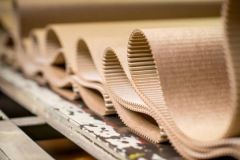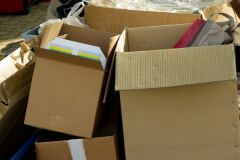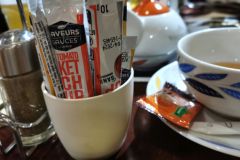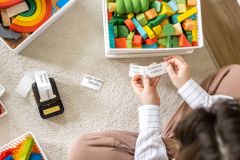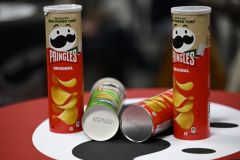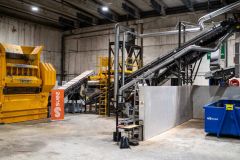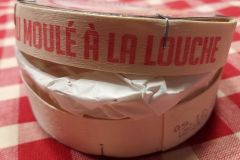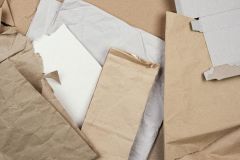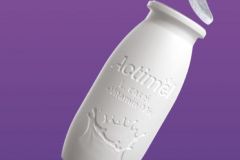Conventional cardboard bricks are made up of approximately 75% cardboard, 20% plastic and 5% aluminium foil. Recycling of cardboard fibres has been under control for several years and there is a market for its processing into industrial and consumer products. However, the mixture of plastic and aluminium, known as PolyAl, is today only lightly recycled. However, it has the advantage that it can be recycled several times.
Recon Polymers, a Dutch company founded in 2016, has developed a new process to treat this mixture of low density polyethylene (LDPE) and aluminium. Still at the pilot site stage, the company has developed for various applications based on PolyAl, such as bird feeders made from PolyAl, marketed by a Dutch producer.
The objective is to continue to explore new applications to further increase the value of PolyAl over the long term.
Supported by Tetra Pak, Recon Polymers now operates a production plant since September 2020. Its annual capacity is approximately 6000 tons of PolyAl and will be reached in 2021. Tetra Pak and Recon Polymers plan to increase production to 15?000 tonnes per year, using mainly materials from neighbouring countries.
Teun Suijkerbuijk, director of Recon Polymers, says: "From the outset, we were convinced that PolyAl was a raw material that could have a high commercial value. With the support of Tetra Pak, we were able to turn this idea into a concrete and successful recycling model for the plastic-aluminum mixture of used beverage cartons."
In France, the Swiss giant food packaging manufacturer has been working with the French resource management group Veolia since 2018. At that time, they announced their intention to recycle all the components of used food bricks in the European Union by 2025 (read Food bricks soon to be better valued ).



